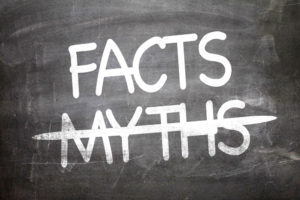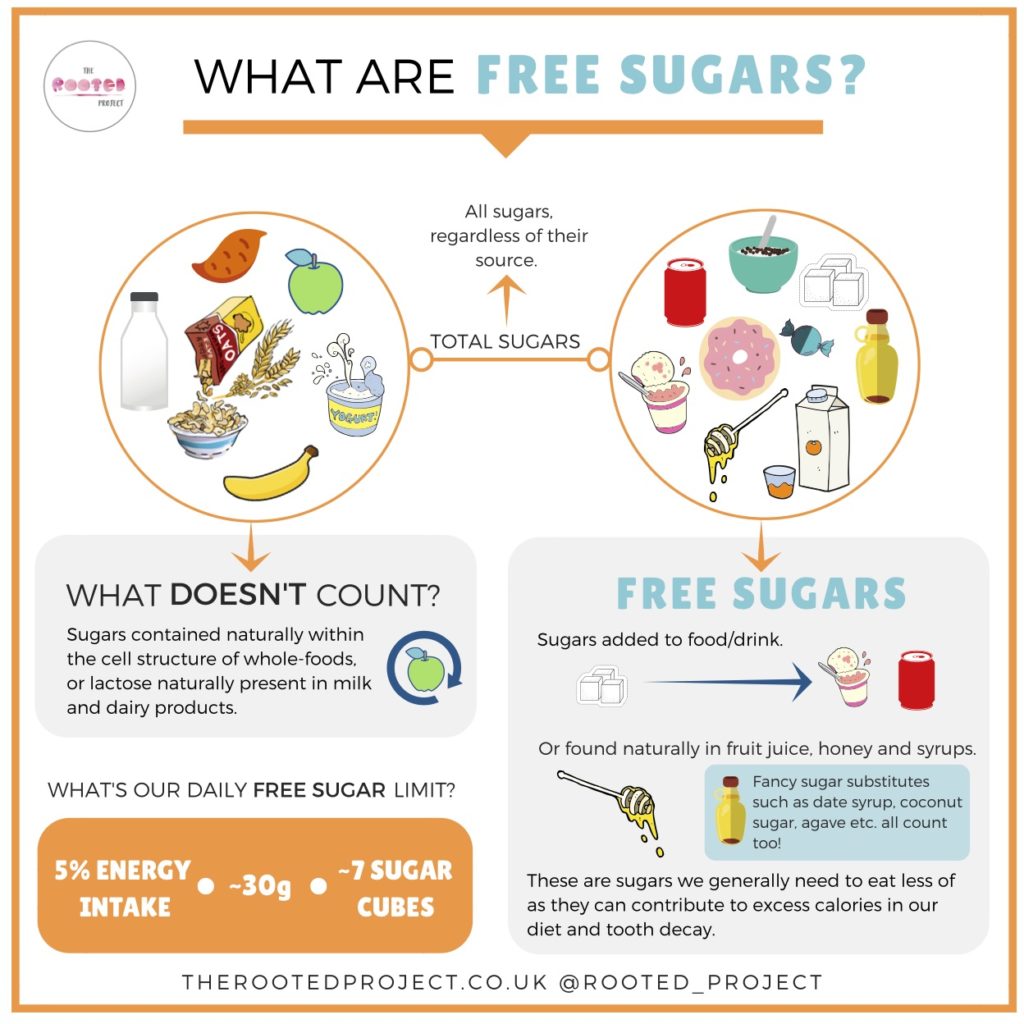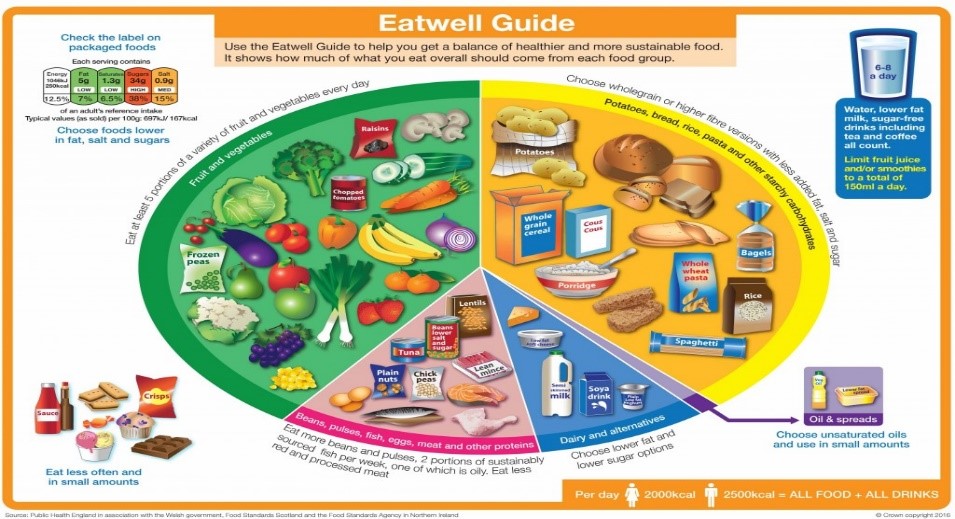Fats v Carbs: Busting Some Nutrition Myths
What we eat can influence our overall health, increasing or decreasing our risk of certain conditions like type 2 diabetes, obesity, cardiovascular diseases like heart attacks and strokes, and some cancers. The messages around what we should eat can be contradictory and confusing, making it difficult to know how to eat better. We’ve grown up with them – from low fat in the 70s and 80s, to low carb now.
AfN Registered Nutritionist Fran Taylor gives us the low down

So, what should we eat?
"Is butter better than margarine?"
"Should we eat a low-fat diet?"
"Are all carbs bad?"
"Is sugar the devil incarnate?"
It’s easy to see why some of us don’t know what to believe.
Let’s all take a deep breath and look at the best available evidence, focusing on some of the nutrients which have the most confusing messages around them, fat and carbohydrates.
Let’s see what science has to say.
Fat
Saturated fat: Stories in the media tell us that we’ve got it all wrong and saturated fat isn’t as bad as everyone once thought. So, should we use butter liberally again and not worry about the fatty bits of meat?
Umm, in a word, no!
The news stories about saturated fat came from a few studies which had some pretty big flaws.
The best available evidence tells us that, in reality, saturated fat causes an increase in total blood cholesterol (a type of fat in the blood) and LDL - low density lipoprotein - cholesterol (sometimes called the “bad” cholesterol). Higher levels of LDL increase your risk of heart attack or stroke.
Reducing the amount of saturated fat in your diet is a positive thing
Choose lean cuts of meat, try an olive oil spread or something similar; fears that margarine and spreads contain trans-fat – a type of fat, which is also bad for the health of your heart and blood vessels– can be forgotten now, as it has largely been removed from UK manufacturing processes.
Use monounsaturated or polyunsaturated oils like rapeseed or olive oil in cooking. If you really must have butter, use it sparingly – if you leave it at room temperature before spreading you will use less. As ever, moderation is key.
Should we eat a low-fat diet?
In short, no; not really.
We should focus instead on the types of fat in our diets as this has most impact on whether we’ll get certain diseases. The recommendation that no more than 10% of your total energy intake should come from saturated fat remains valid, but that doesn’t mean cutting out other fats. Ways of eating like the Mediterranean style diet are not low fat, but more of the fat comes from foods like nuts, seeds, olive oil and fish which are higher in mono and polyunsaturated fat.
Including these foods in your diet is a very good idea.
Carbohydrates
Carbs have had an equally bad rap and many people believe that the reason why obesity has increased, along with common health conditions like type 2 diabetes and heart disease, is because we replaced fat with eating more carbs.
That’s partly true; a low-fat yogurt full of added sugar isn’t necessarily going to be a better choice than a slice of salami – the thing is that neither is the best choice!
 What is important is the type and amount of carbohydrates we eat; focusing on the quality and the quantity. Carbohydrates include sugar and refined carbs; if we eat too much of these then we increase our risk of heart disease, obesity and other health conditions.
What is important is the type and amount of carbohydrates we eat; focusing on the quality and the quantity. Carbohydrates include sugar and refined carbs; if we eat too much of these then we increase our risk of heart disease, obesity and other health conditions.
Refined carbs are things like food from the bakery, white bread, white rice, certain cereals, some crackers and biscuits.
Added sugar is sugar in whatever form, including honey, syrups and nectars - which are added to products during manufacture, during cooking or at the table. This includes ingredients such as malt extract and glucose syrup. It doesn’t include the sugar found naturally in whole fruits and vegetables or in milk.
Carbohydrates also include foods like wholemeal bread, brown rice, wholemeal pasta, oats and wholegrain cereals and crackers. These foods are high in fibre and good to include in your diet as they have been shown to reduce bad cholesterol and the risk of type 2 diabetes as well as certain cancers like bowel cancer.
You could try swapping to wholemeal bread or having oats for breakfast. Some people find brown rice takes too long to cook, but you can buy the ready cooked pouches which are ready in minutes.
So whatever people say, both fats and carbs are an important part of our diet
With both nutrients it’s important to focus on the type of foods we consume – because we don’t eat nutrients, we eat food.
A diet with plenty of fruit and vegetables, wholegrains, lean meat, pulses, beans, fish, low fat dairy and fats that are good for your heart will give us everything we need to stay healthy.
Take a look at the Eatwell Guide, a nice, simple infographic that can help you check just how balanced your diet really is – and if in doubt, contact the Trust’s Health and Wellbeing team on 01480 474074 or email.
Happy eating!

